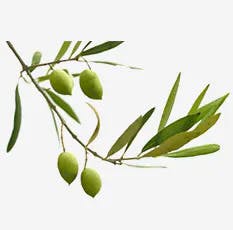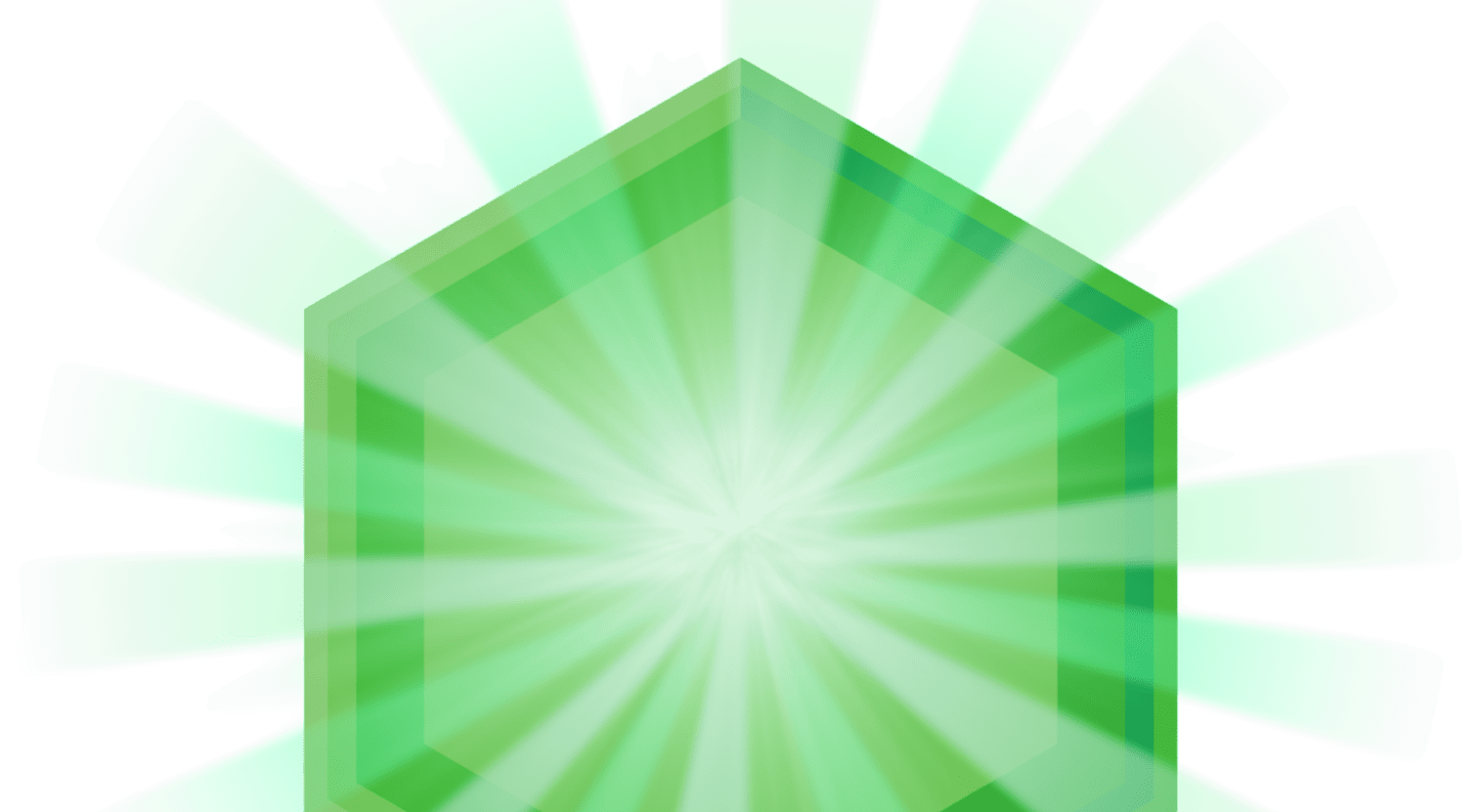
What is Pollen and How Does it Affect Allergies?
For many allergy sufferers, the very word “pollen” brings up thoughts of discomfort. And rightfully so. Pollen is the leading cause of seasonal allergic rhinitis.1
But that doesn't mean you can't fight back. With a better understanding of pollen season, pollen counts, and allergy relief, you can change your relationship with pollen for the better.
POLLEN SYMPTOMS
Allergy-causing plants (trees, weeds, and grasses) produce a light, dry type of pollen that’s carried by the wind. The individual pollen grains are too small to be seen by the naked eye and can travel many miles in the air and straight to your nose, triggering allergy symptoms like nasal congestion, sneezing, runny nose, itchy nose, and itchy, watery eyes.*2
ALLERGY-CAUSING TREES
THE POLLINATION PROCESS
Pollination starts and stops according to the length of the days and nights in a particular area, which depends on geographical location. How much pollen a plant produces is determined by the seasons and the weather, which varies year to year.3
POLLEN PREPARATION
To determine how much pollen is in the air in a certain place at a specific time, you can consult a pollen count. As a rule of thumb, pollen counts are highest early in the morning, especially on hot, dry, breezy days and lowest in the late afternoon and after it rains.4
POLLEN PROTECTION
While you can't put a stop to pollen, you can relieve your allergy symptoms that pollen triggers. Unlike most allergy pills, once-daily FLONASE nasal sprays treat nasal congestion,† one of the most bothersome symptoms,5 plus sneezing, runny nose, itchy nose, and itchy, watery eyes. Learn how FLONASE can help you enjoy more complete allergy relief* all pollen-season long.
*FLONASE SENSIMIST is indicated for itchy, watery eyes in adults and children 12 years of age or older. See product pages for full information.
†vs single-ingredient antihistamines that do not treat nasal congestion.
Sources:
1. AAFA. Pollen Allergy. http://www.aafa.org/pollen-allergy/ Accessed June, 18, 2019.
2. ACAAI. Pollen Allergy. https://acaai.org/allergies/types-allergies/pollen-allergy Accessed June 17, 2019
3. NIH. Pollen. https://www.niehs.nih.gov/health/topics/agents/allergens/pollen/index.cfm Accessed June, 17, 2019.
4. WebMD. Outdoor Exercise With Pollen Allergies. https://www.webmd.com/allergies/features/allergies-and-exercising-outside#1 Accessed June, 17, 2019.
5. NCBI. Congestion and sleep impairment in allergic rhinitis. https://misuse.ncbi.nlm.nih.gov/error/abuse.shtml Accessed June, 17, 2019.




